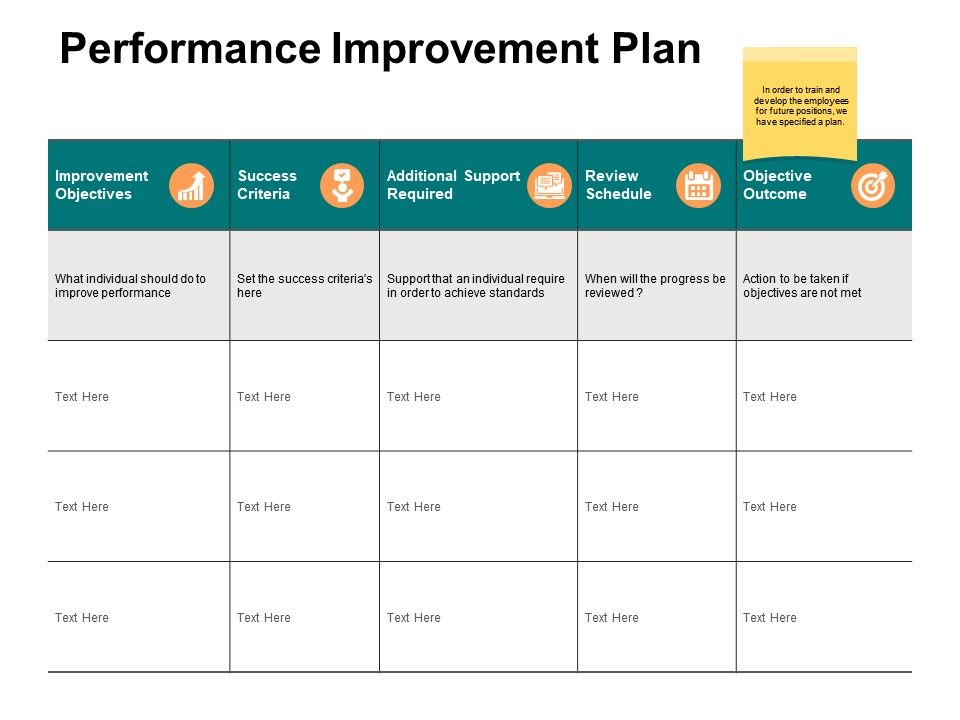

It’s better to focus on these kinds of projects as much as you can.

Step 4: Create a WBS dictionary that contains the definition and scope of the elements (work packages) in the chart. Gather your project team and stakeholders to figure out all the work necessary to complete the key deliverables. Step 3: Identify work packages or the project deliverables at the lowest level of your WBS. These key deliverables are the ones that are essential to the success of the project and they should appear at Level 2 of your work breakdown structure. This means you need to identify the project goals, deliverables, tasks, deadlines etc. Step 1: First step of creating a WBS is to understand the scope of the project. It helps project managers break down complex project activities into simple and manageable tasks. Work breakdown structure (WBS) is a project management tool used to visualize the outcomes a project will deliver in a hierarchical structure.
#Project planner skills how to
According to SMART, your project goals should be Specific, Measurable, Attainable, Relevant and Time-bound.Ĭheck out our The SMART Guide to Streamlining Your Project Planning Process to learn how to properly use the SMART criteria in project planning. SMART is a criterion for setting goals and objectives for projects. You can use the project planning techniques below to quickly complete these tasks. Planning ProcessĪt the first stage of project planning, you need to set goals, create a project plan outline and analyze your budgetary needs. We’ll be looking at different areas of project planning such as planning process, resource planning, knowledge management, process mapping, decision-making, and risk management. In this post, we have compiled a list of project planning techniques that you can use to create a solid project plan and execute it successfully. If you have a clear view of everything that needs to happen and how you are going to get them done within a specific time period, you can minimize – if not altogether eliminate – the chance of project failure. In either case, having a proper project plan will help you make sure that it gets completed flawlessly. Some projects are easy to manage, while others take a lot of effort.


 0 kommentar(er)
0 kommentar(er)
